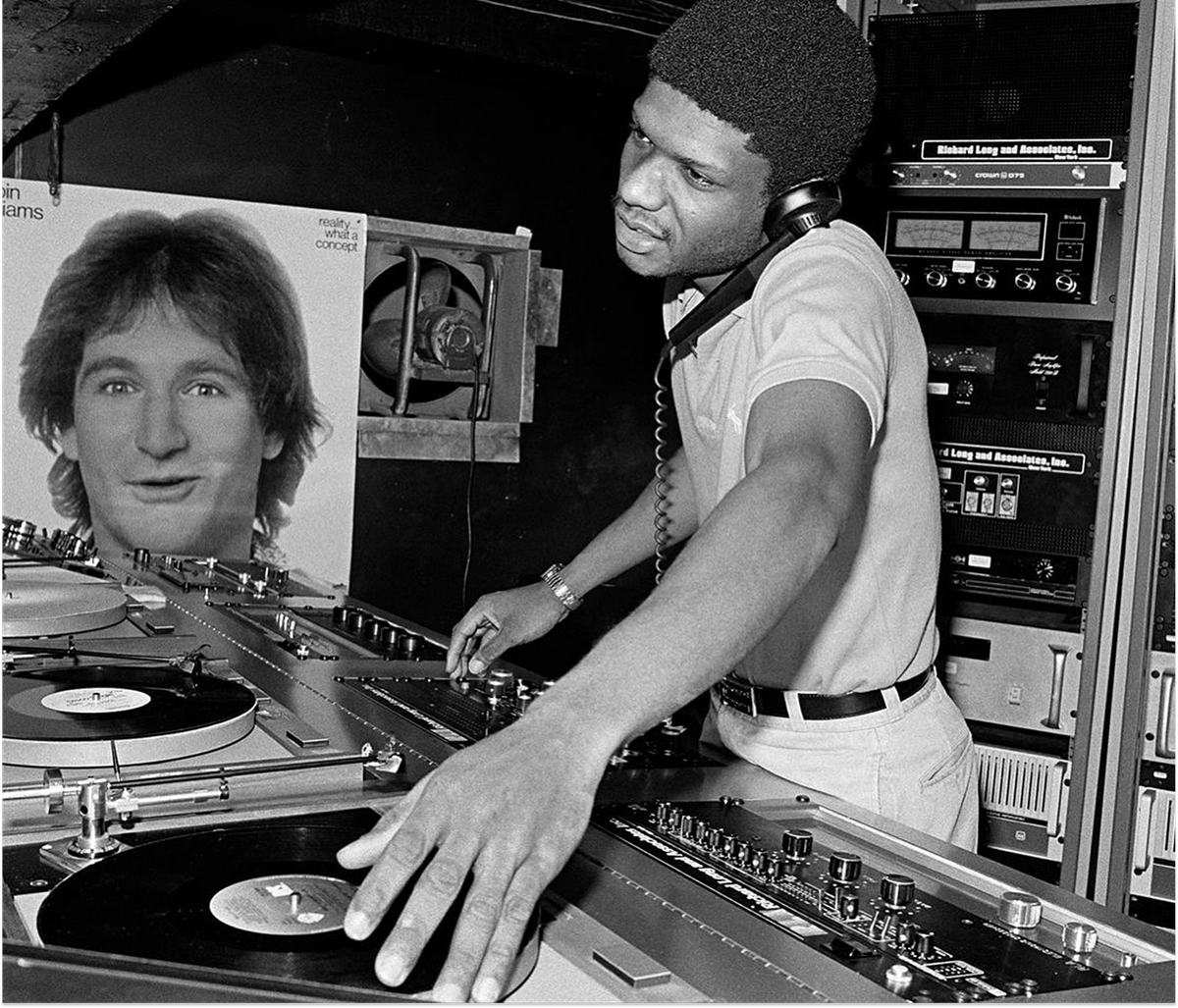Electronic music is Black history. Not just a footnote, not just an influence—a foundation. House, techno, garage, jungle—these weren’t created in a vacuum. They were built by Black artists, DJs, and producers who shaped the underground before the mainstream even knew what to call it.
But you wouldn’t always know that from looking at festival lineups or the way the industry frames electronic music today. The story of electronic music—its sound, its energy, its entire existence—is inseparable from Black creativity, and it’s time that history was recognized, not just in February, but always.
From Drum Machines to Dance Floors
Let’s start with techno. Detroit in the '80s wasn’t just a backdrop for economic decline—it was an incubator for a new, futuristic sound. Juan Atkins, Derrick May, and Kevin Saunderson—The Belleville Three—weren’t just making beats; they were shaping a movement. Inspired by Kraftwerk but rooted in funk and soul, their music imagined a future that didn’t exist for them yet. They took raw machine rhythms and turned them into something otherworldly.
Then there’s house music, born in the sweaty basements of Chicago. Frankie Knuckles at The Warehouse. Ron Hardy at The Music Box. Larry Levan at the Paradise Garage. They weren’t just DJs—they were architects, sculpting grooves that would spread across the globe. House wasn’t just dance music; it was a sanctuary for Black, queer, and marginalized people to move freely, to feel something bigger than the outside world allowed.
And garage? UK rave culture wouldn’t be what it is without the influence of Black artists pushing the sound forward. Jungle, drum & bass, footwork—all of these genres trace their lineage back to Black innovators experimenting with breaks, bass, and rhythm in ways no one had before.
Erasure and Recognition
So why does the average electronic music fan often associate these genres with white European DJs? The industry has a habit of pushing Black pioneers to the background while elevating white artists to the face of the scene. Techno isn’t "Berlin music." It’s Detroit music. House didn’t come from Ibiza—it came from Black and Latin clubs in Chicago and New York. The same goes for jungle, which owes its DNA to Black British youth experimenting with breakbeats and reggae influences.
It’s not about exclusion. It’s about remembering. Recognizing the contributions of Black artists doesn’t take anything away from anyone else—it just restores the credit that was lost along the way.
The Legacy Lives On
Despite the industry’s short memory, Black artists today are still pushing boundaries. LSDXOXO is bending techno and club music into something raw and unfiltered. Jlin is redefining rhythm with experimental footwork. Artists like Akua, 1morning and so many others are taking electronic music into spaces it’s never been before.
To understand electronic music is to understand Black history. The machines, the rhythms, the culture—it all traces back to Black artists who imagined a sound beyond their reality. And that’s something worth celebrating, not just in February, but every day.


